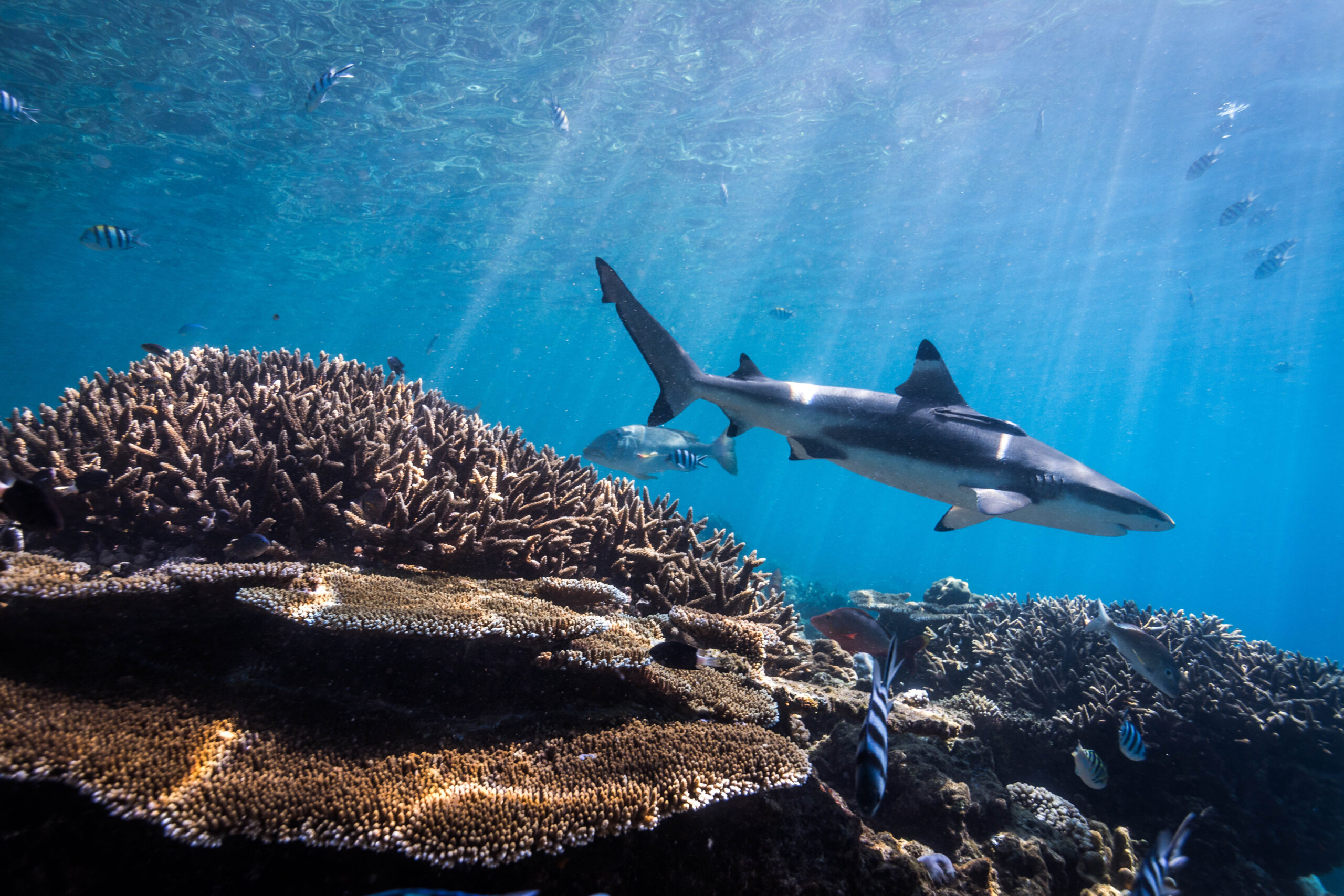The social-ecological vulnerability of coral reef dependent communities to climate change impacts were examined based on different marine governance systems (government run no-take marine reserves, community-based reserves, and areas of open fishing) along the Kenyan coast. 15 ecological sites and 10 associated coastal communities were surveyed to evaluate coral reef benthic habitat and fish communities, and the sensitivity and adaptive capacity of human communities.
Researchers found that sites with open fishing had marginally higher ecological vulnerability than the other management types (no-take reserves and community-based reserves). Diversity of occupations in communities including dependence on fishing and the susceptibility of the catch composition of different fishing gears to climate change was used to indicate social sensitivity.
This type of integrated assessment can highlight opportunities for adaptation to climate change and is important for effective management. For example, exploring the differing vulnerabilities of communities can highlight local management strategies that can provide a buffer from ecological degradation (i.e., switching to fishing gears less impacted by coral bleaching such as handlines). This is the most comprehensive study of social-ecological vulnerability of coral reef fisheries to climate change taken to date.
Author: Cinner, J.E., C. Huchery, E.S. Darling, A.T. Humphries, N.A.J. Graham, C.C. Hicks, N. Marshall, and T.R. McClanahan
Year: 2013
View Full Article
PLoS ONE 8(9): e74321. doi:10.1371/journal.pone.0074321


